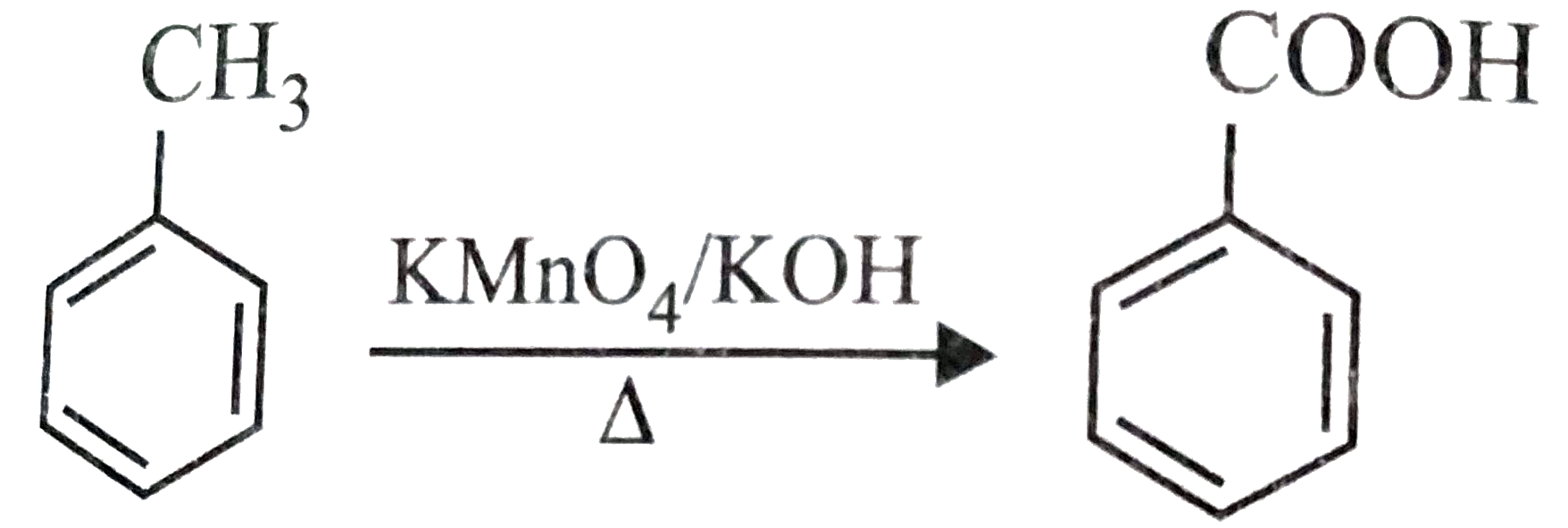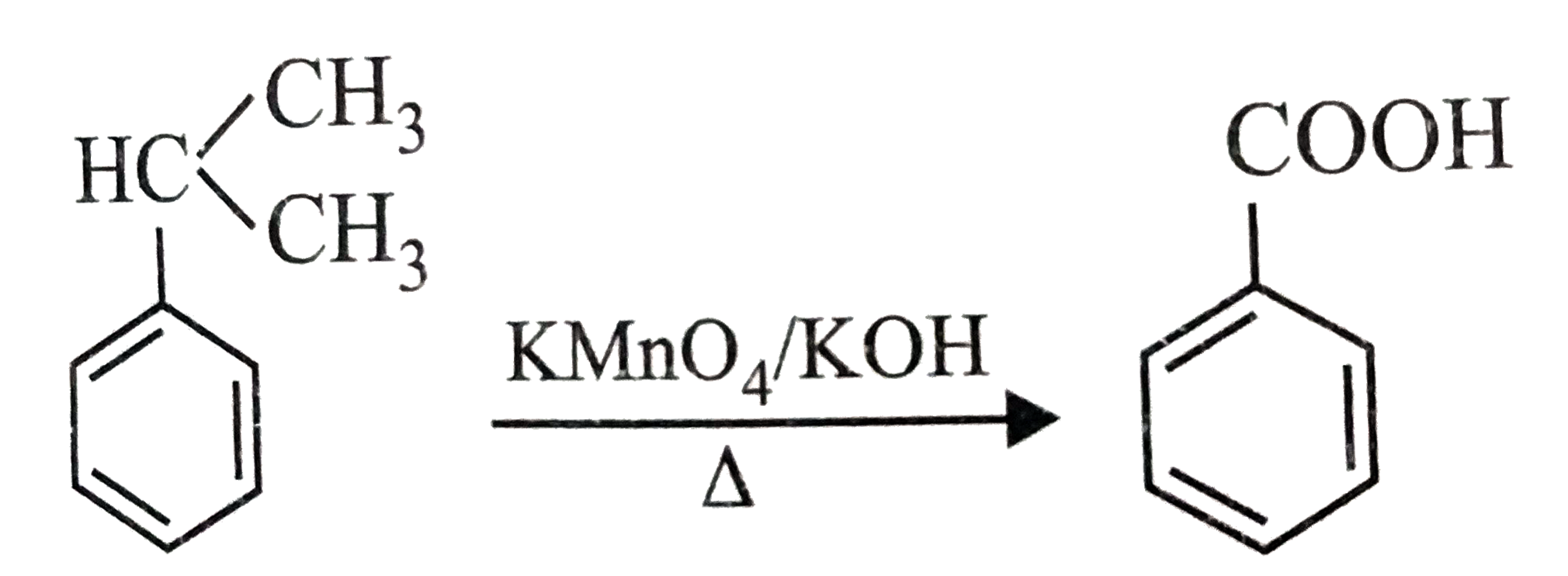Which of the following does not occur in response to decrease in blood volume?
Increase in angiotensin ll
Increase in aldosterone secretion by adrenal cortex
Increase tubular reabsorption of sodium
Increase secretion of atrial natriuretic peptide from liver
To solve the question "Which of the following does not occur in response to decrease in blood volume?", we will analyze the physiological responses that occur when blood volume decreases.
1. Understanding Blood Volume Decrease:
- A decrease in blood volume often leads to a drop in blood pressure (BP). This can occur due to various reasons such as trauma, blood loss, vomiting, or diarrhea.
2. Activation of the Renin-Angiotensin-Aldosterone System (RAAS):
- The decrease in blood volume triggers the juxtaglomerular apparatus in the kidneys to secrete the enzyme renin.
- Renin converts angiotensinogen (produced by the liver) into angiotensin I, which is then converted into angiotensin II.
3. Effects of Angiotensin II:
- Angiotensin II is a potent vasoconstrictor, which means it narrows blood vessels, thereby increasing blood pressure.
- It also stimulates the adrenal cortex to release aldosterone.
4. Role of Aldosterone:
- Aldosterone promotes the reabsorption of sodium and water in the kidneys, which helps to restore blood volume and blood pressure.
5. Atrial Natriuretic Factor (ANF):
- When blood pressure is high, the atria of the heart secrete Atrial Natriuretic Factor (ANF), which promotes the excretion of sodium and water, lowering blood pressure.
- Importantly, ANF is not secreted in response to decreased blood volume; rather, it is secreted when blood volume or blood pressure is high.
6. Analyzing the Options:
- We need to identify which option does not correspond to the physiological response to decreased blood volume.
- The correct answer is the option that states "increase in the natriuretic factor from the liver," as ANF is secreted from the atria of the heart, not the liver.
Conclusion:
The correct answer is the option that states "increase in the natriuretic factor from the liver," as this does not occur in response to a decrease in blood volume.
- A decrease in blood volume often leads to a drop in blood pressure (BP). This can occur due to various reasons such as trauma, blood loss, vomiting, or diarrhea.
- The decrease in blood volume triggers the juxtaglomerular apparatus in the kidneys to secrete the enzyme renin.
- Renin converts angiotensinogen (produced by the liver) into angiotensin I, which is then converted into angiotensin II.
- Angiotensin II is a potent vasoconstrictor, which means it narrows blood vessels, thereby increasing blood pressure.
- It also stimulates the adrenal cortex to release aldosterone.
- Aldosterone promotes the reabsorption of sodium and water in the kidneys, which helps to restore blood volume and blood pressure.
- When blood pressure is high, the atria of the heart secrete Atrial Natriuretic Factor (ANF), which promotes the excretion of sodium and water, lowering blood pressure.
- Importantly, ANF is not secreted in response to decreased blood volume; rather, it is secreted when blood volume or blood pressure is high.
- We need to identify which option does not correspond to the physiological response to decreased blood volume.
- The correct answer is the option that states "increase in the natriuretic factor from the liver," as ANF is secreted from the atria of the heart, not the liver.
The correct answer is the option that states "increase in the natriuretic factor from the liver," as this does not occur in response to a decrease in blood volume.
Topper's Solved these Questions
Similar Questions
Knowledge Check
- Question 1 - Select One
Which of the following reactions does not occur ?
A B
B C
C D
D
- Question 2 - Select One
Chloride shift occurs in response to:
AHCO−3BK+CK+DNa+
Which of the following reaction does not occur?
View SolutionWhich of the following reaction does not occur spontaneously?
View SolutionWhich does not occur in glucose
View SolutionWhich of the following displacement does not occur:
View SolutionTurgor movements occur in response to
View SolutionWhich of the following change does not occur during parturition ?
View Solution

